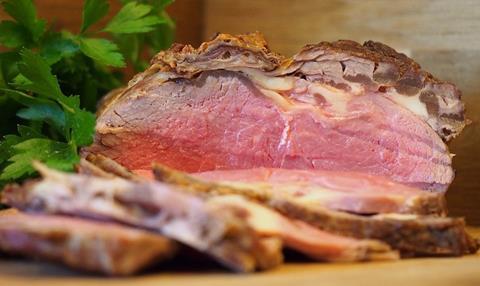Researchers from the World Cancer Research Fund International (WCRF) have criticised the findings of the Lancet’s Global Burden of Disease 2020 study, which has been previously critiqued for its assessment of red meat’s impact on diet.

The 2019 report has been referenced in the UK’s National Food Strategy and the FSA’s latest Five Year Strategy. In March, a group of international scientists including Professors Alice Stanton and Frederic Leroy, said that they had some “serious concerns” about the 2019 study.
In their letter to The Lancet, the WCRF authors, who include ex-head of the British Nutrition Foundation Judy Butriss, said that they “support Stanton and colleagues’ call for further clarification, justification, or reconsideration of the theoretical minimum risk exposure level of zero for unprocessed red meat selected by GBD in their latest estimates.”
They added: “Not only does the increase in the estimated burden appear implausible, but the lack of transparency in the assumptions underlying the calculations undermines the authority of the GBD estimates.”
WCRF’s team said that “when the assumptions used within a study are not clearly stated and explained, the results become questionable, and replication difficult.”
The letter said: “Following our review of the evidence related to unprocessed red meat, we concluded that red and processed meat are causal contributors to the development of colorectal cancer. Nevertheless, neither WCRF nor other international organisations recommend complete avoidance of meat. In many diets worldwide, red meat is an important source of several nutrients.”
The group claimed that removing meat from diets is “impractical and unrealistic” and carries “a risk of nutritional deficiency judged to outweigh future cancer risk.” It added: “The absence of an explicit rationale for the assumptions underlying the GBD estimates is troublesome, unsupported by the evidence, and unrealistic.”
This story was originally published on a previous version of the Meat Management website and so there may be some missing images and formatting issues.












